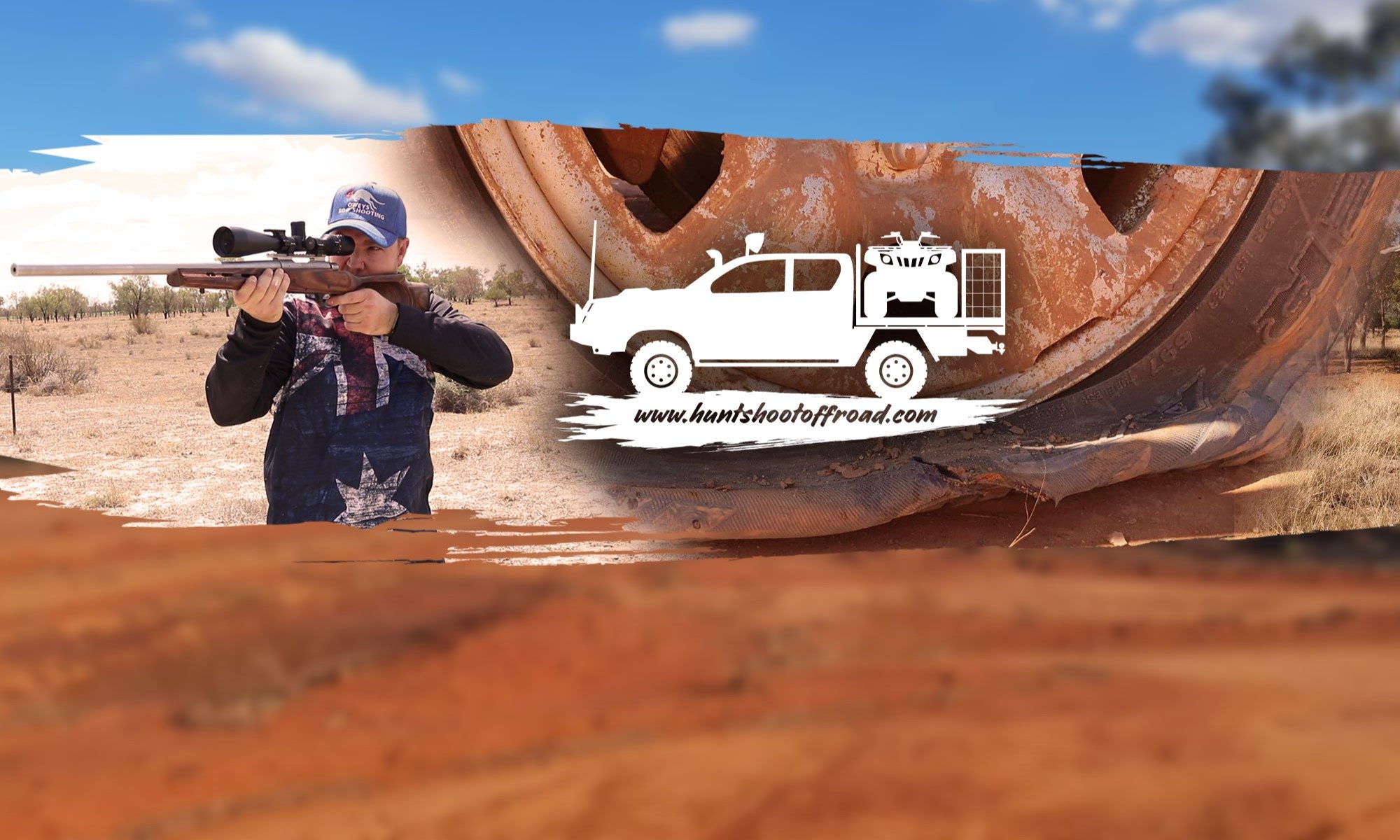Trailer brakes – Drums vs Discs and Cable vs Hydraulic vs Electric
Trailer brakes
As mentioned before in the load limit post, I would not get electric trailer brakes because I’m limiting the use between vehicles. I know that my trailer will be used across many vehicles as most likely yours will too.
So that leaves us with an over-ride system of either mechanical (cable) or hydraulic. Both systems use the same coupling, but have a different unit mounted to the back.

Hydraulic trailer brakes
These are the same as those fitted to vehicles. There is a hydraulic cylinder fitted to the over-ride that sends fluid to the brake calipers. There is a reservoir on top of the main cylinder at the over-ride with excess fluid in case of leaks or fluid loss.
Well we all have that one mate, you know the one that breaks everything, is reckless and care-free. He is the guy that will stand on the draw-bar and break the reservoir.
Because we are going off-road there is always the chance of pinching a brake line or getting something caught and ripping it off. Unfortunately if damage occurs to a hydraulic brake system, there is little in the way of bush mechanics that could be done to resolve an issue to get them working again

Mechanical trailer brakes
have a simple steel cable that runs from the over-ride system to a lever on the calipers. It’s a basic system that is easy to understand. Which makes it easy to adjust the brakes on the trailer (which you need to do for different loads).
The steel cable is more exposed than hydraulic brake lines and is probably easier to damage. However, you could easily bush repair the steel cable with fencing wire to get you home with operating trailer brakes.
To run mechanical brakes you will need a coupling that has an over-ride option.
Brake type
Next consideration is drum or disc brakes.
Most people would consider drum brakes the most reliable. Most vehicle disc brakes actually have a drum park brake in the centre (this is the case for electric trailer brakes). To maintain drum brakes you need to remove the wheel and the outer drum (in some cases even just to inspect the brake pads).
If you look at boat trailers it’s likely that they are fitted with disc brakes. This is because they can quickly drain the water and reduce rusting (when used in salt water).
Disc brake pads can easily be inspected with out removing any parts and the brake pads can be replaced without removing the wheels.
Trailer brakes recommendation
Mechanical trailer brakes would be my choice due to the ease of repair and simplicity. I would definitely consider disc brakes easier to maintain and keep the mud and water out of.
Next topics
Which coupling/hitch for a hunting trailer coupling
Perfect hunting trailer type
Wheels for a hunting trailer
Trailer finish and accessories
Previous topics
Trailer load limit
Trailer axles
Deck material, length and width
Deciding on trailer springs


2 Replies to “Perfect Hunting Trailer Brakes”
Comments are closed.